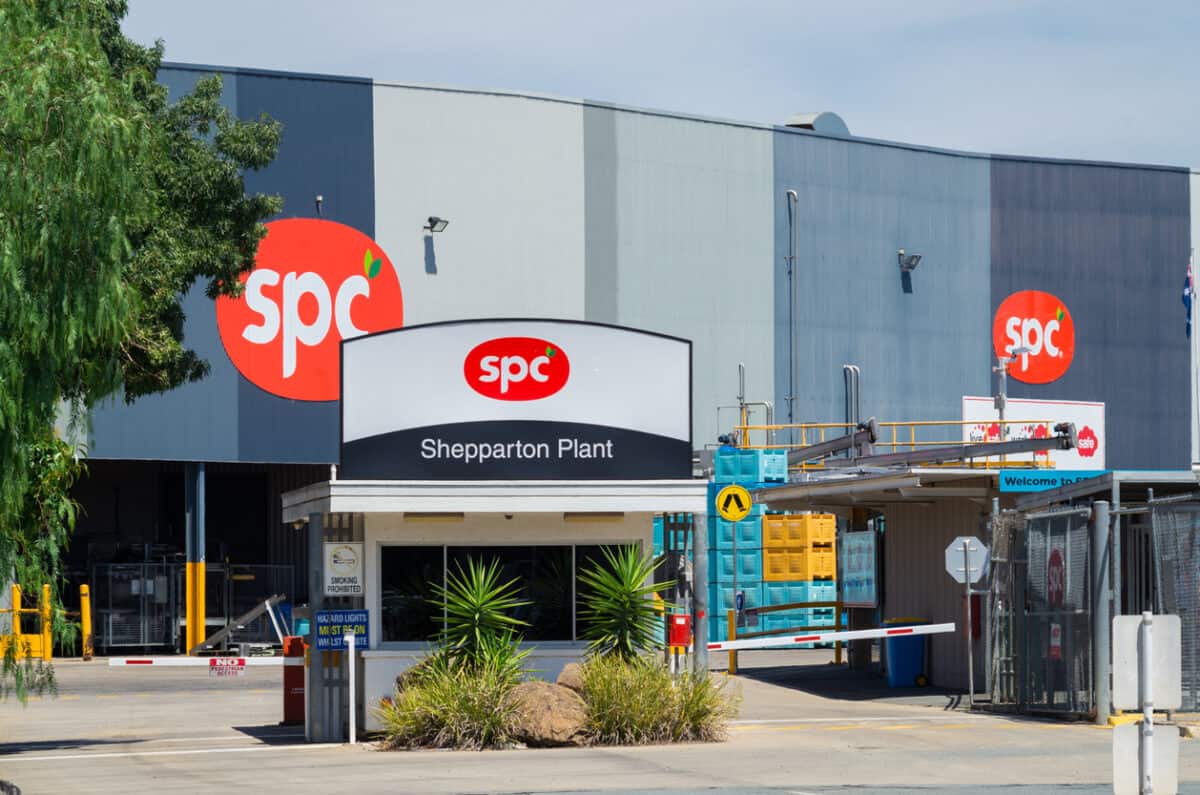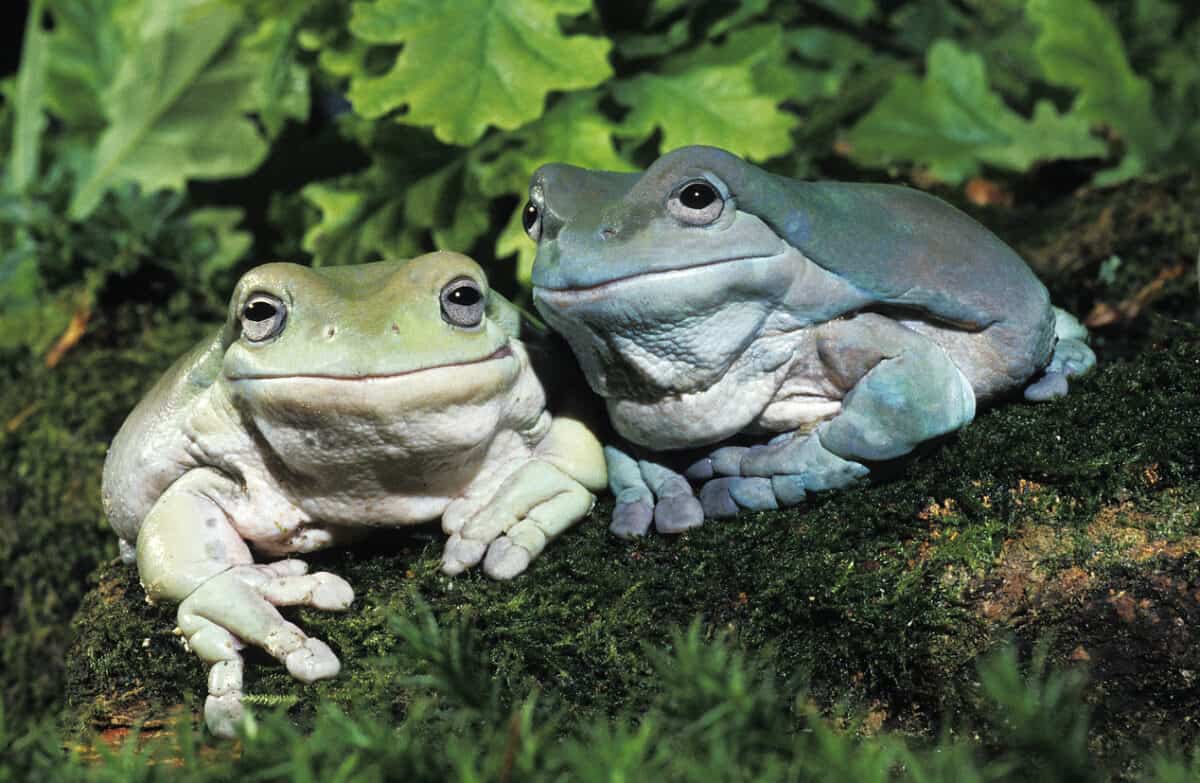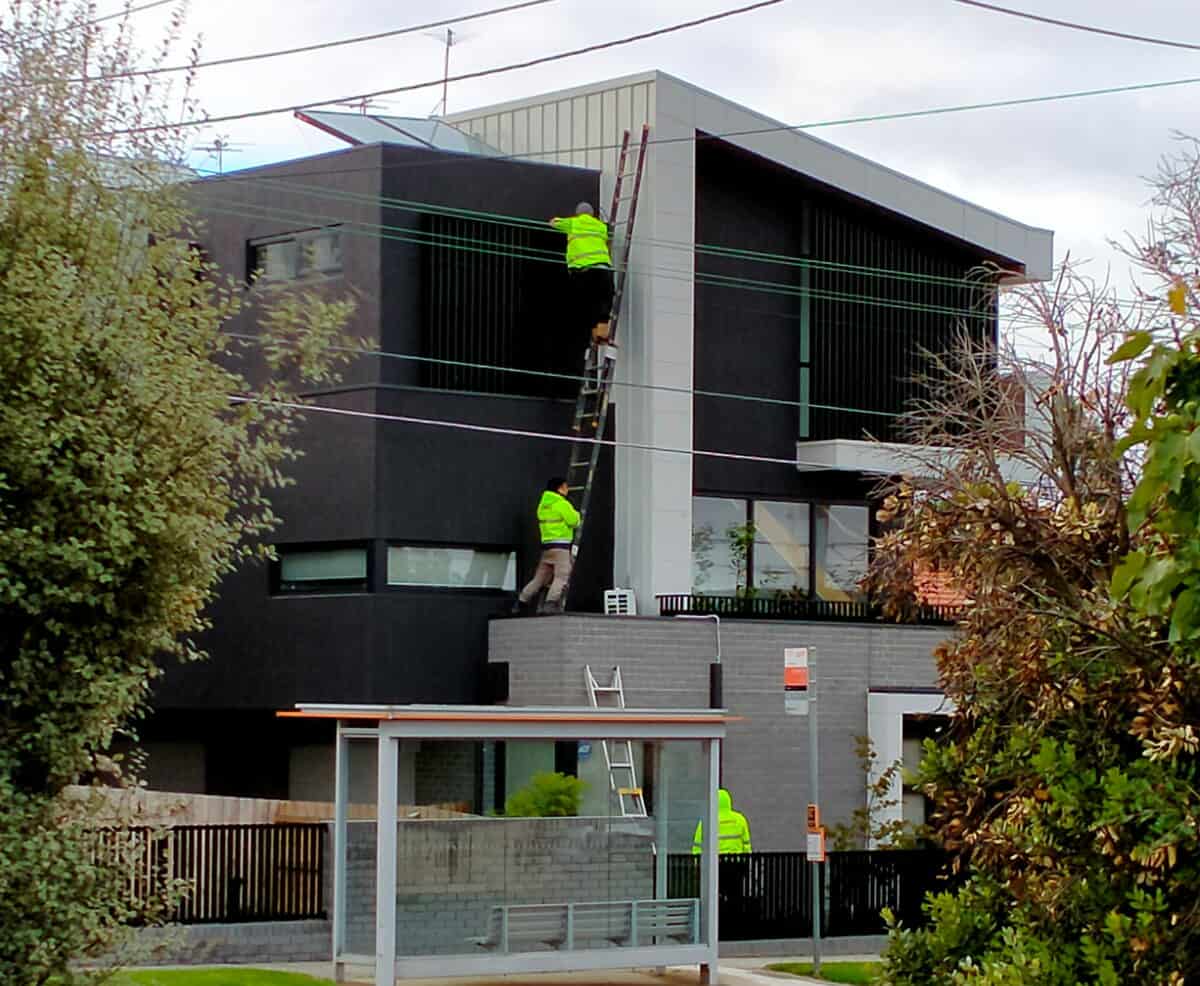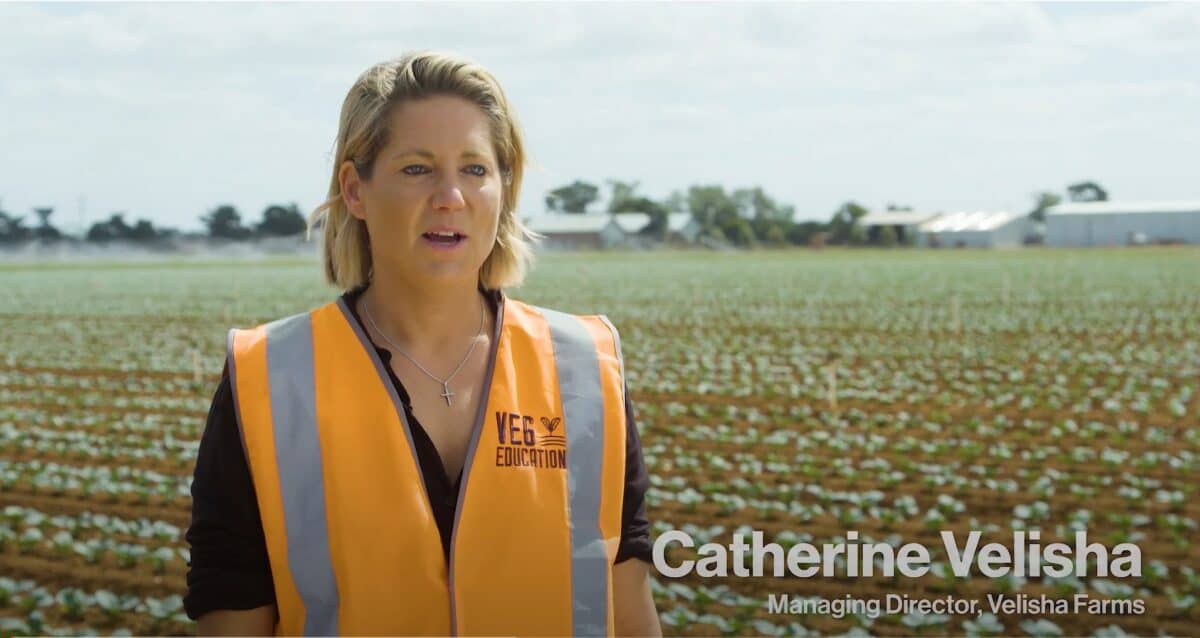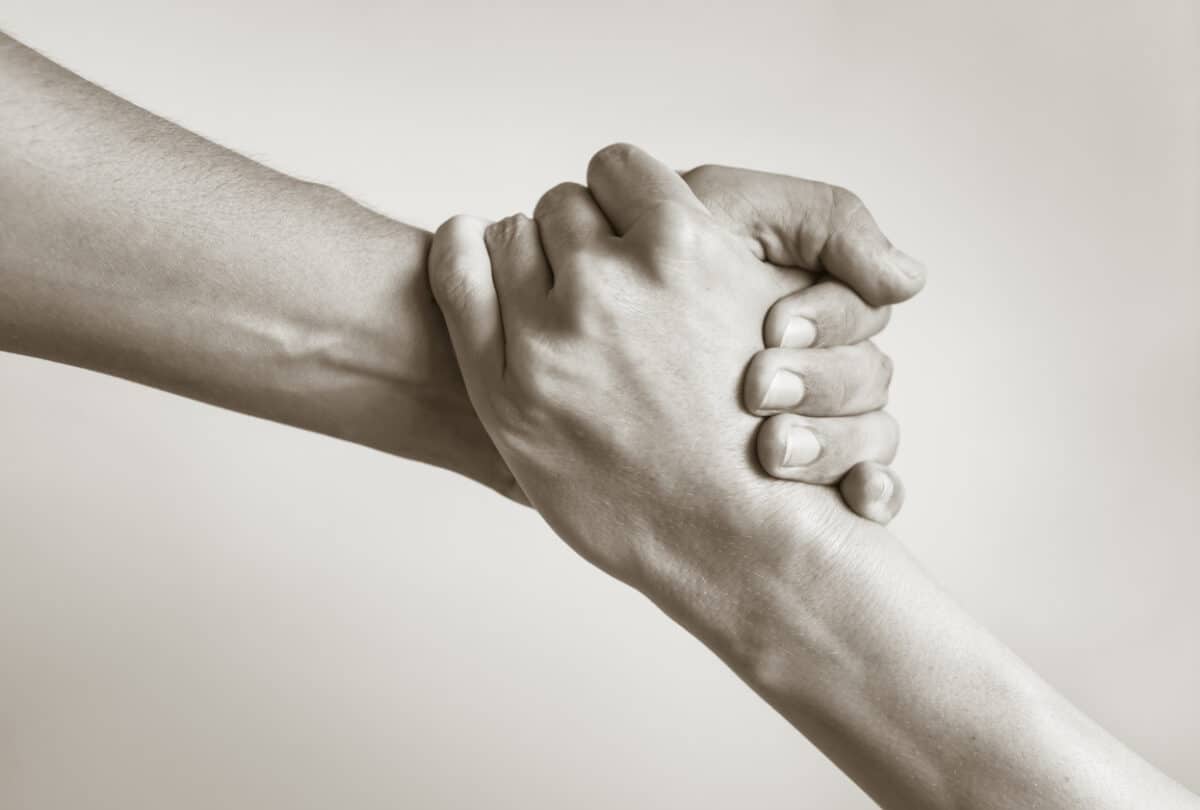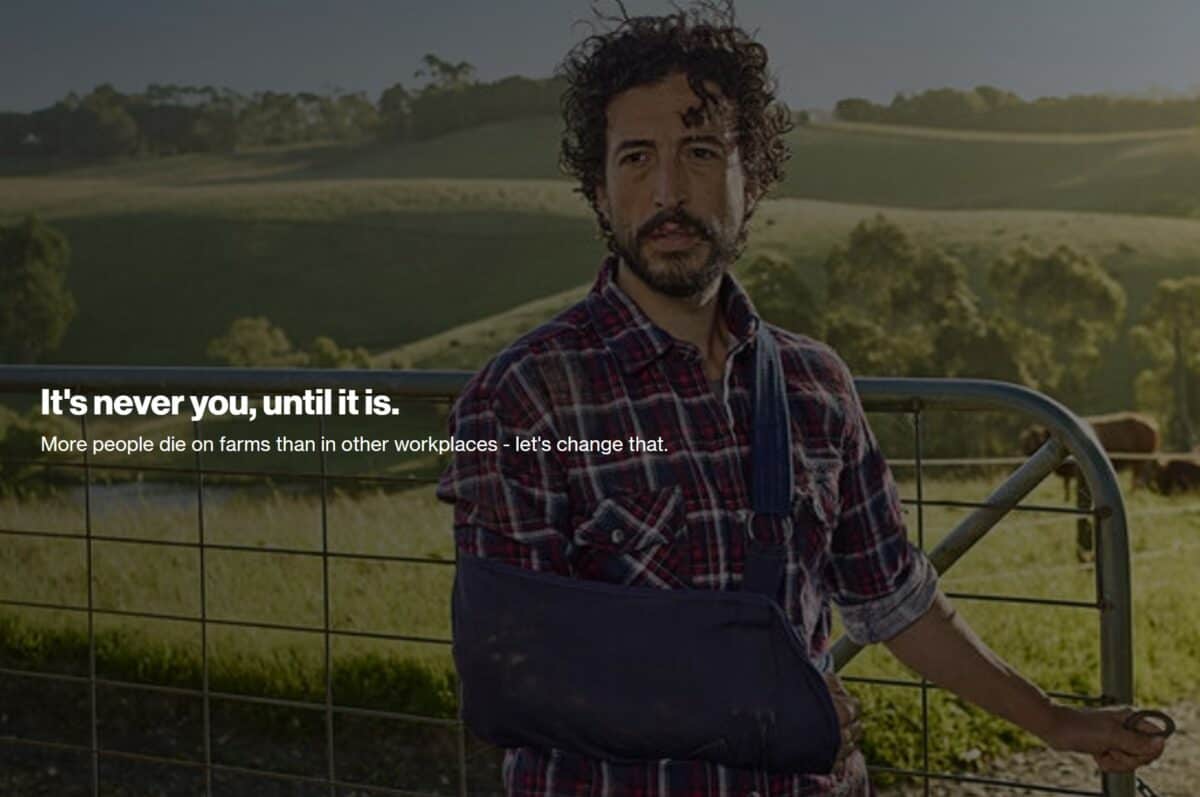The first week of August 2021 has been a big week for the discussion of mandatory vaccinations for Australian workers. A major Australian fruit cannery in regional Victoria, SPC, has stated that all of its workers, visitors to the site and contractors will need to be fully vaccinated by November 2021. This is being done to protect workers, the community and to maintain the food supply.
There are many lessons from SPC’s decision and the subsequent discussion has been largely predictable. What has been missing from almost all of the discussion is the occupational health and safety (OHS) perspective. This article and others will look at the issue and how the health and safety benefits have been presented in the mainstream media.

